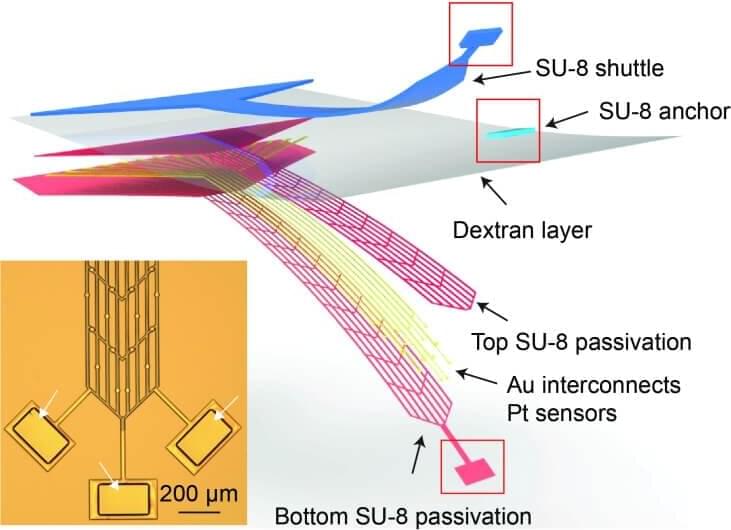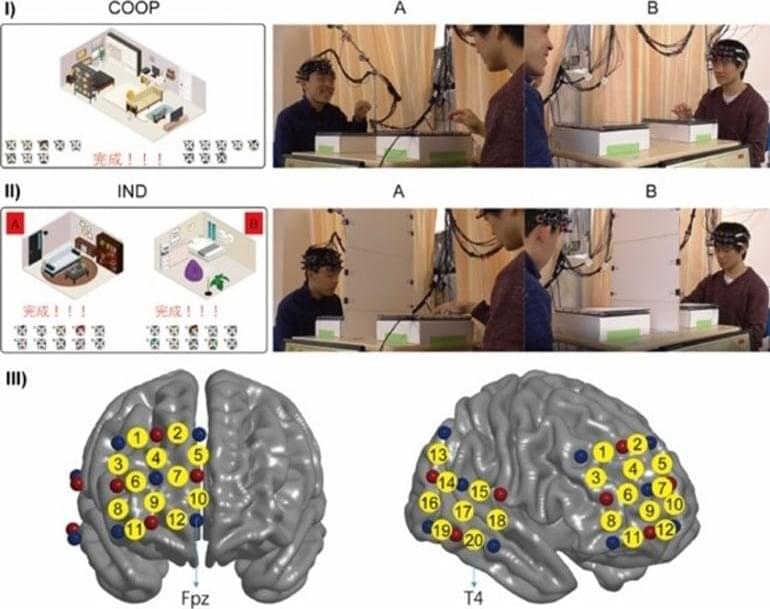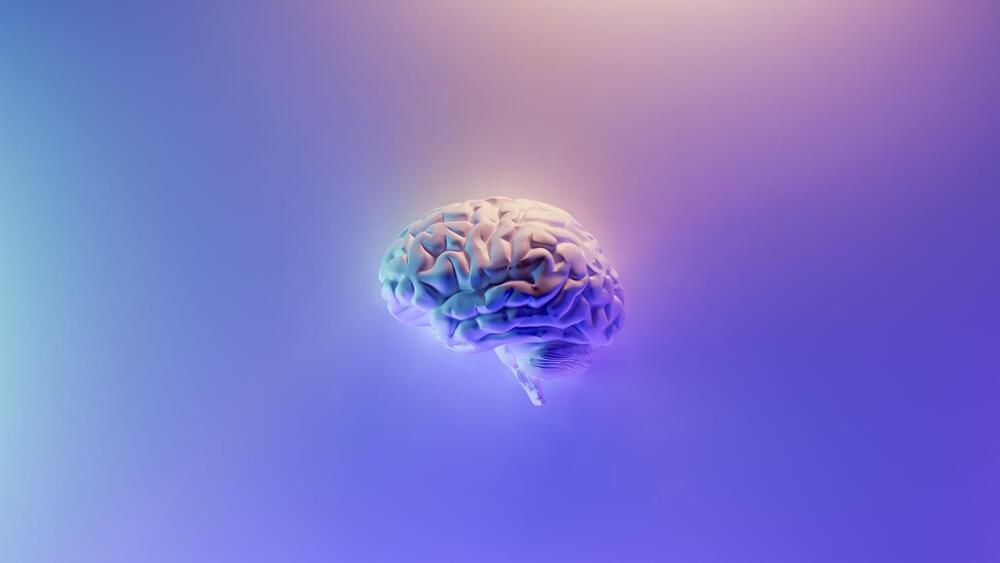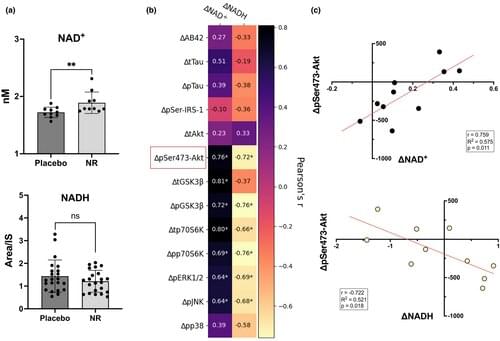Researchers from the University of Cincinnati examined the post-treatment journals kept by participants in a 2014 smoking cessation study that found psychedelics were effective in helping some people quit smoking for years.
In a new paper published in the Kennedy Institute of Ethics Journal, researchers analyzed the participants’ own words and found that psychedelics combined with talk therapy often helped longtime smokers see themselves as nonsmokers. This new core identity might help explain why 80% of participants were able to stop smoking for six months and 60% remained smoking-free after five years.
The 2014 study by researchers at Johns Hopkins University found that participants who wanted to quit smoking and used psilocybin, the active hallucinogenic ingredient in psychedelic mushrooms, combined with cognitive behavioral therapy were far more likely to succeed than those who try other traditional quit-smoking methods.





